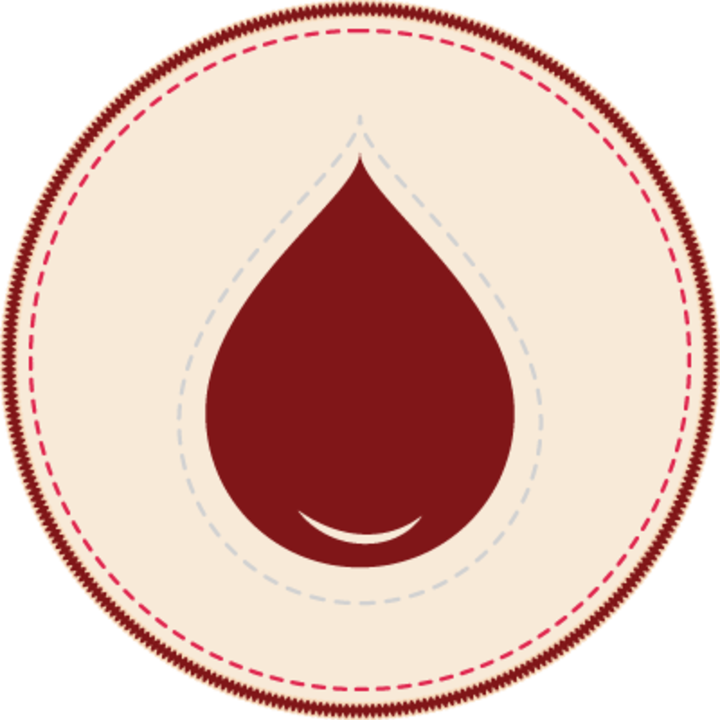Pre-Clinical Perfusion Roadmap
Start your journey to becoming a clinical perfusionist.
Clinical perfusionists are skilled allied health professionals, qualified by academic and clinical education, who deal with all phases of regulating and controlling blood flow outside the body. The perfusionist operates life-sustaining equipment during any medical situation where it is necessary to support or temporarily replace the patient's circulatory or respiratory function.
The perfusionist has diverse responsibilities that include the mechanical support of a patient's circulation and pulmonary function during medical procedures such as open-heart surgery, transplantation, and emergency medicine. The perfusionist is an integral member of the cardiovascular surgery team involved in infant and adult cardiac surgery.

Pre-Clinical Perfusion Roadmap at UNL
Clinical Perfusion Prerequisite Classes
Depending on the school you plan to attend, you may need additional prerequisite courses. Meet with an advisor for more information.
Typical Clinical Perfusion School Requirements
Biology – 1 semester
Anatomy – 1 semester
Physiology – 1 semester
Chemistry – 1 semesters (2 semesters required to meet the pre-requisite for Organic Chemistry)
Organic Chemistry or Biochemistry – 1 semester
Physics with lab – 1 semester
Statistics – 1 semester
Medical Terminology – 1 semester
What to Take at University of Nebraska-Lincoln
Some classes require prerequisites. Meet with an advisor for help planning your courses.
Biology – BIOS 101/101L, 110/110L, or LIFE 120/120L
Anatomy – BIOS 214
Physiology – BIOS 213/213L
Chemistry – CHEM 109A/L & 110A/L or 113A/L & 114
Organic Chemistry or Biochemistry – CHEM 251/253, 252/254, 261/263, or 262/264 or BIOC 401/401L or 431
Physics with lab – PHYS 141, 151/153, or 211/221
Statistics – STAT 218, ECON 215, EDPS 459, or PSYC 350
Medical Terminology – CLAS 116
Suggested Science Sequencing
Semester 1 | Semester 2 |
Semester 3 | Semester 4 |
Semester 5 | Semester 6 |
Semester 7 | Semester 8 |
*Sequence may vary from above depending on declared major requirements
The above coursework recommendations fulfill the entrance requirements for the UNMC College of Allied Health Professions Clinical Perfusion Education program. Students should pursue a course of study that is well rounded in the biological sciences, chemistry, and math. Students who are considering Clinical Perfusion programs outside of Nebraska are encouraged to contact those programs directly for a list of entrance requirements.
Other Notes:
- AP Credit: AP Credit is not accepted for science or math prerequisites for UNMC’s clinical perfusion program.
- Math Requirement: Some required science courses, like chemistry, require math as a prerequisite. See a pre-health advisor for math placement information.
- Major Selection: Students should pursue a course of study that is well rounded in the biological sciences, chemistry, and math.
Extracurricular Involvement and Activities:
Pursuing Pre-Clinical Perfusion requires more than just coursework. Your extracurricular activities, employment, and healthcare experiences like shadowing and volunteering will contribute greatly to your success in this field. See a pre-health advisor in the Explore Center to plan extracurricular activities that will prepare you for this program.
Application and Admission
Application: Students applying to clinical perfusion programs will follow the specific application procedures for each program to which they wish to apply. For a list of accredited clinical perfusion programs, see the Commission on Accreditation of Allied Health Education Programs (CAAHEP) website. For info on how to apply to UNMC’s program, see the UNMC Clinical Perfusion Application page.
Entrance exam: Some schools may require that students take the Graduate Record Examination (GRE). For information on the content and registration for the GRE, click here.
Additional admission requirements: To be considered for admission UNMC also requires three personal references, three verified conversations with a Perfusionist, and an interview.